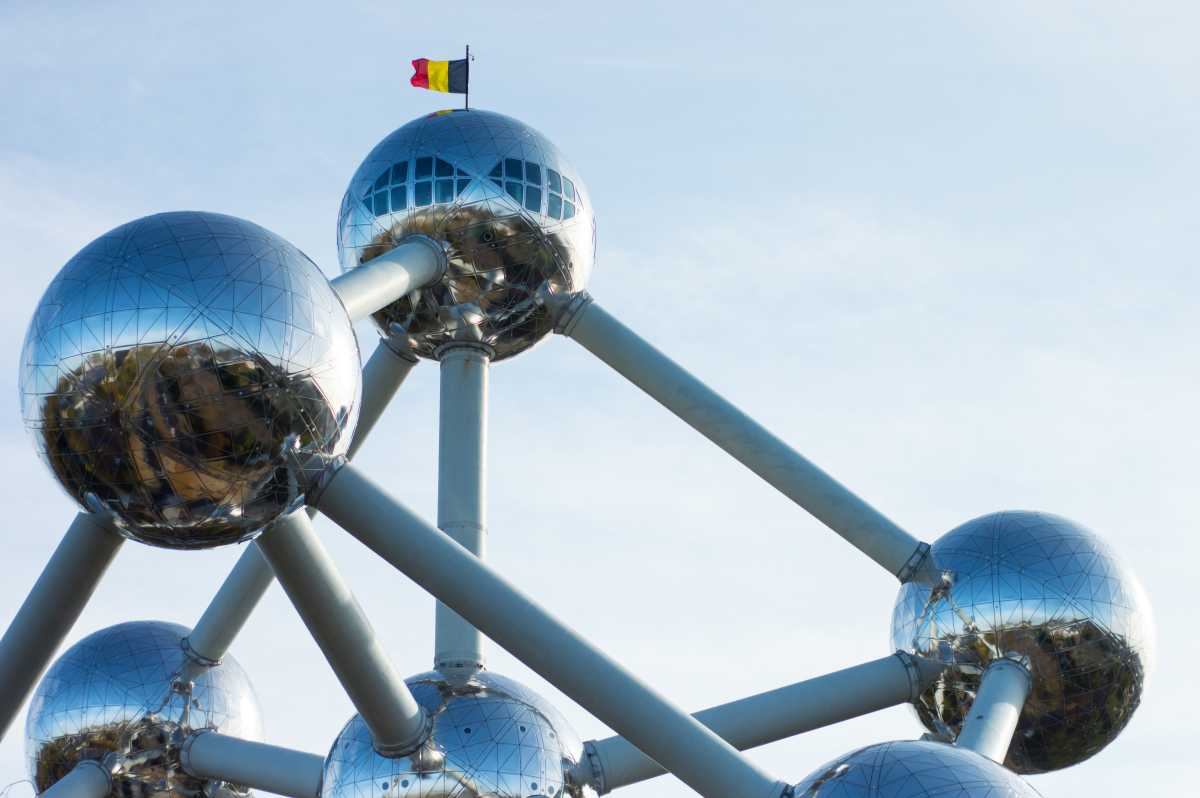Do Dutch and Flemish people speak the same language?
Short answer: Yes. In both the Netherlands and in Flanders they speak the samen language: Dutch. So, if you are learning Dutch, this is good news! You can use your Dutch outside of the Netherlands ( here you'll find an article about countries speaking Dutch)
In Belgium they speak three languages: French, Dutch and German. Flanders is the northern part of Belgium en people speak Dutch there. In the southern part (Wallonia) French is the standard. So, a language border runs right through Belgium, separating a Dutch area in the north from a French-speaking area in the south. There is also a German speaking area, which is much smaller.
Are there differences between Dutch and Flemish?
Flemish is the name for the Dutch language spoken in Flanders. And although the countries are quite similar, there are differences. For example, the history and the dominant religion are different in both countries. This means that also the language developed in a different way.
When you think of Dutch language, you probably think of The Netherlands first. But the funny thing is that the Flemish are famous for being more language purists than the Dutch. It's a common thought in The Netherlands that the southern neighbours beat them at their own language. This is not scientifically proven, but it is true that the Flemish often won spelling/language competitions between the two countries. They also tend to use less English, French and German loan words. A lolly could be called a lekstok in Belgium for example.
Interesting differences can be found in the word order of certain expressions. The Dutch say vast en zeker (surely!), while in Flanders zeker en vast is the standard.
The biggest difference is the pronunciation. If you have been studying Dutch for a while, you'll be able to hear it. The way the Flemish pronounce the words is often described as softer and more friendly. Just like in the southern parts of the Netherlands, the Flemish have a "soft g". The famous hard "g" (used in the northern parts of the Netherlands) is produced in another way: closer to the throat. This harsh g is for example common in and around Amsterdam and Rotterdam.
There are also many words that are used in Belgium and not in the Netherlands and vice versa. You won't quickly encounter words like goesting (zin), kot (kamer) and amai (exclamation of surprise) in the Netherlands. While they are very common in Belgium. Sometimes the neighbouring countries use words in a different way. The funniest example could be poepen. Which means to poop in the Netherlands, but to have sex in Flanders.
Different use of pronouns
An important difference between Flemish and Dutch spoken in The Netherlands is the use of pronouns. In Flanders you'll hear "uw" instead of "jouw" and "je" and "jij" often turn into "ge" and "gij". You can also encounter these pronouns in the southern parts of the Netherlands.
Do you want to hear the difference?
If you are used to a typical Dutch accent from the Netherlands, you could check the Flemish accent on youtube. There are tons of videos comparing the two. And if you are a Netflix fan, you should definitely check out the popular Flemish-Dutch Undercover. The actors speak both standard Dutch, Flemish and Brabants (dialect from the south of The Netherlands). A fun way to test your listening skills!
comments
Login to leave a comment
info@thedutchonlineacademy.com
Bedankt, dat is interessant. We zullen het aanpassen.
